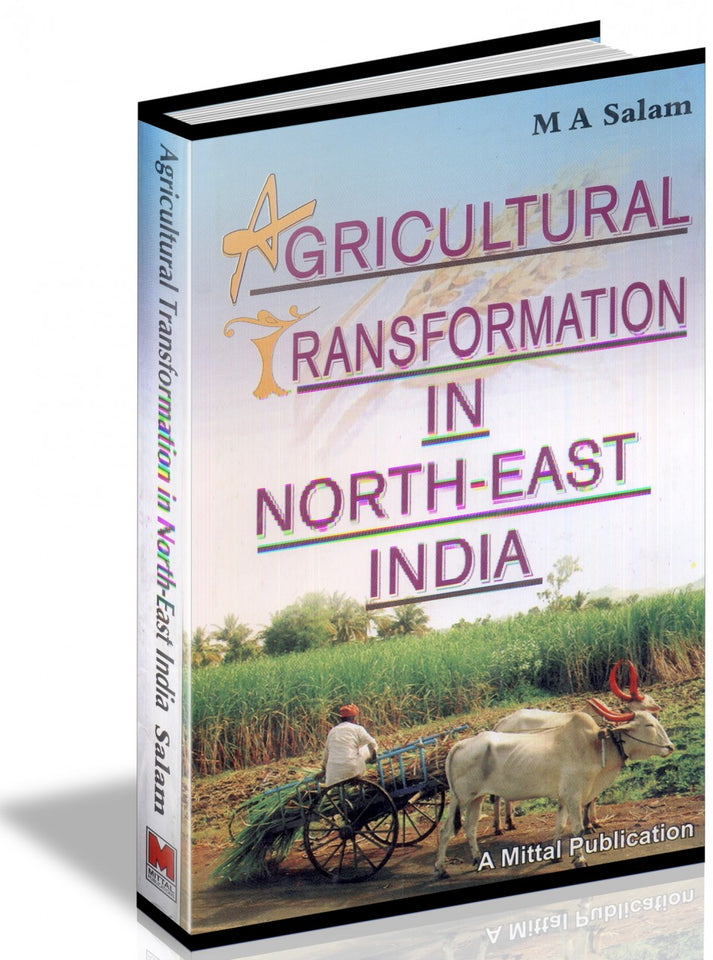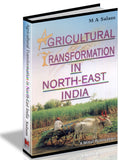Agricultural Transformation in North-East India
Regular price
Rs. 350.00
There are various paths that agricultural transformation adopts. Some of the theoretically celebrated paths are the English path, the Prussian path, the American path, the German experience, the Roman experience, etc. Theoretically the topic is debated sufficiently and in each line of the argument empirical studies were carried out. But the epistemic underpinnings of the arguments remain obscure for the readers at large because invariably all contenders deal with them implicitly. Further it is often surmised in the received literatures of tribal agricultural transformation that non-economic factors always dominate, shape and determine the modus operandi of economic variables. The present study: (i) clearly highlights the epistemic reasons adhering to a particular method to study agricultural transformation and thereby it analyses the issue with a clear philosophical approach; (ii) shows that under the event of globalization market forces are capable to release the economic variables to operate as per market principles and therefore they confer freedom particularly to labour through developing the labour market. Based on a large survey of 277 tribal households of West Kameng District of Arunachal Pradesh the study has a wider relevance in terms of application to different areas of tribal concentration in the north-east in particular and the country as a whole.
M.A. Salam (b. 1964) is Lecturer (Selection Grade) in Economics at Government College, Bomdila Arunachal Pradesh. He studied upto post-graduation level at Aligarh Muslim University, Aligarh. He completed his Ph.D. At Jamia Millia Islamia, New Delhi. He has published many articles and has participated in various national and international seminars and conferences.
Guaranteed Safe Checkout





